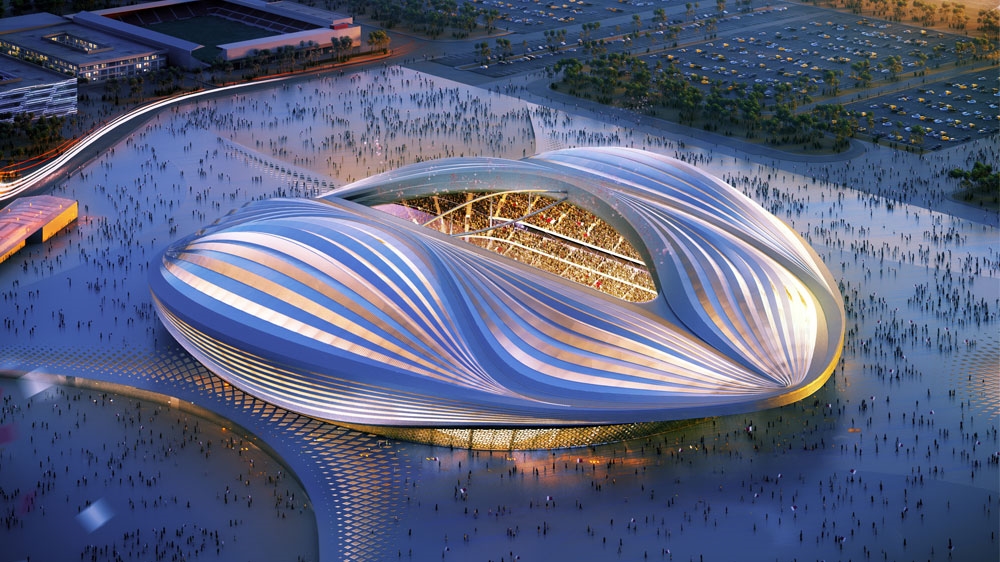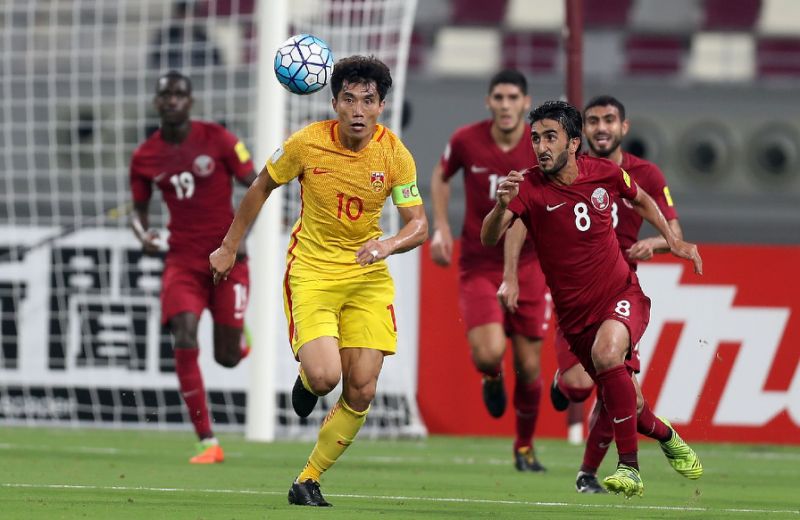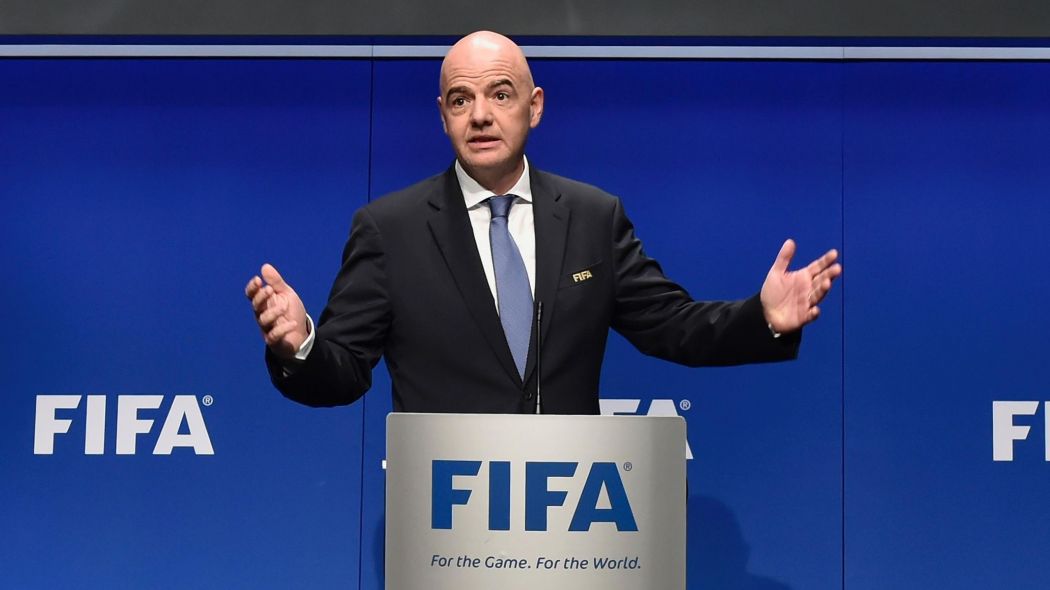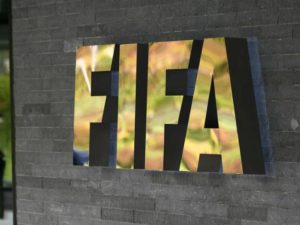FIFA 2022 World Cup Introduction
FIFA 2022 World Cup is the 22nd edition of the FIFA World Cup which is the quadrennial global men’s football tournament contested by the national teams of the member associations of FIFA. It is going to take place in Qatar in 2022. This is going to be the first World Cup ever to be held in the Arab world and the first in a Muslim-majority country.
This will also be the first ever World Cup held entirely in Asia since the tournament in South Korea and Japan in the year 2002 (the competition in Russia in 2002 featured one Asian venue, Yekaterinburg). In addition, the championship will be the last to involve 32 teams, with an increase to 48 teams which are scheduled for the 2026 tournament. Nevertheless, the FIFA President Gianni Infantino specified that this change may come earlier for the 2022 World Cup. The leading World Cup champions are France.
This will also mark the first World Cup which is not going to be held in May, June, or July; the championship is instead scheduled for late November until mid-December. FIFA 2022 is to be played in a reduced timeframe of about 28 days, with the finals being held on 18 December 2022, which is coincidently also the Qatar National Day.
Allegations of corruption have been made regarding to how Qatar won the right to host the event. An internal FIFA investigation and report cleared Qatar of any wrongdoing, but the chief investigator of the internal FIFA investigation Michael J. Garcia has meanwhile labeled FIFA’s report on his inquiry as “materially incomplete and erroneous“. Swiss federal prosecutors opened an investigation into corruption and money laundering related to the awarding of the 2018 and 2022 World Cups on 27 May 2015.
Former FIFA president Sepp Blatter claimed that Qatar had used “black ops” on 6 August 2018, signifying that the bid committee had cheated to win the hosting rights. Qatar has encountered strong criticism due to the treatment of foreign workers who are involved in groundwork for the World Cup, with Amnesty International denoting to “forced labor” and asserting that workers have been suffering human rights abuses, despite the worker welfare standards being conscripted in 2014.
FIFA 2022 World Cup Host selection
FIFA 2022 World Cup : The bidding method to host the 2018 and 2022 FIFA World Cups commenced in January 2009, and national associations had a time limit until 2 February 2009 to register their interest. At the start, eleven bids were completed for the 2018 FIFA World Cup, but later on, Mexico withdrew from proceedings and in February 2010, Indonesia’s bid was rejected by FIFA after the Indonesian Football Association failed to submit a letter of Indonesian government guarantee to fund the bid. Indonesian representatives had not ruled out a bid for the 2026 FIFA World Cup until Qatar grabbed the 2022 cup. During the bidding procedure, all the non-UEFA nations progressively withdrew their 2018 bids, thus assuring that a UEFA nation would host the 2018 FIFA World cup and thus making UEFA nations ineligible for the 2022 bidding system.
In the end, there were totally five bids for the 2022 FIFA World Cup: Qatar, Australia, Japan, South Korea, and the United States. The FIFA Executive Committee with 22 members assembled in Zürich on 2 December 2010 to vote to select the hosts of both the matches. Two FIFA executive committee members were adjourned before the vote in relation to accusations of corruption regarding their votes. The choice to host the 2022 World Cup in Qatar, which was classified as having “high operational risk”, produced criticism from media critics. It has been condemned as many to be part of the FIFA corruption scandals.
Possible Expansion
FIFA 2022 World Cup : On 12 April 2018, CONMEBOL demanded that FIFA expand the 2022 FIFA World Cup from 32 to 48 teams, four years before the 2026 FIFA World Cup as planned initially. FIFA President Gianni Infantino conveyed a willingness to consider the request. But the FIFA Congress prohibited the request shortly before the commencement of the 2018 FIFA World Cup. Infantino said the global football overriding body would not debate on the possibility of having a 48-team World Cup, and that they would first converse about the matter with the host country.
A “FIFA feasibility study” concluded that it was possible to expand the match to 48 teams, albeit with the support of “one or more” neighboring countries and “two to four additional venues.” in March 2019. They also stated that “although it cannot rule out legal accomplishment from losing bidders by altering the format of the game, the study said it “the risk was low.” Qatar and FIFA will discover possible joint proposals to submit to the FIFA Council and the FIFA Congress in June 2019. If a joint proposal is giving in to, FIFA’s member relations will select the concluding decision at the 69th FIFA Congress in Paris, France on 5 June 2019.
FIFA 2022 World Cup Qualification:
FIFA 2022 World Cup : The qualification procedure for the 2022 World Cup has not yet been declared. All FIFA member associations, of which there are presently 211, are qualified to enter qualification. Qatar, as hosts, are qualified mechanically for the tournament. Nevertheless, Qatar is gratified by the AFC to participate in the Asian succeeding stage as the first two rounds also act as a qualification for the 2023 AFC Asian Cup.
If they reach the final phase, their choice on whether to remain with World Cup qualifying is subject to FIFA’s consent. If the hosts pick not to compete, the next-ranked team will progress instead. For the first time after the preliminary two tournaments of 1930 and 1934, the World Cup will be held by a country whose national team has not ever played a finals match before. The ruling World Cup champions France will also go through qualifying stages as normal.
The allocation of slots for each association was discoursed by the FIFA Executive Committee on 30 May 2015 in Zürich after the FIFA Congress. The committee stated that the same allocation as 2006 would be kept for 2010, 2014, 2018 and 2022 tournaments:
CAF (Africa): 5
OFC (Oceania): 0.5
CONMEBOL (South America): 4.5
AFC (Asia): 4.5 (not including host nation)
UEFA (Europe): 13
CONCACAF (North and Central America and the Caribbean): 3.5
The qualifying allurement is scheduled to take place in July 2019.
FIFA 2022 World Cup Venues:
The first five projected venues for the World Cup were revealed at the beginning of March 2010. The stadium’s purpose is to employ cooling expertise capable of reducing temperatures within the stadium by up to 20 °C (36 °F), and the upper rows of the stadiums will be disassembled after the World Cup and contributed to countries with less developed sports infrastructure. The country aims for the stadiums to replicate the historical and cultural aspects of Qatar. Each stadium will include four priorities, which are accessibility, legacy, comfort, and sustainability. Qatar targets to build stadiums with the highest sustainability and environmental ideals.
The stadiums will be armed with cooling systems that are ecological, overcoming the stimulating environmental nature of the country. The approach is to build Zero Waste stadiums using biologically friendly materials, harmless equipment, and ecologically sustainable solutions through the implementation of renewable and low energy solutions. Qatar aspires to be submissive and specialized by the Global Sustainability Assessment System (GSAS) for all the world cup fields. All of the five stadium projects propelled have been planned by German architect Albert Speer & Partners. Top football clubs in Europe desired the World Cup to take place from 28 April to 29 May rather than the classic June and July staging, due to worries about the heat.
A statement released on 9 December 2010 cited FIFA President Sepp Blatter as declaring that other nations could host some matches during the World Cup. Nonetheless, no definite countries were named in the report. Blatter added that any such verdict must be taken by Qatar first and then authorized by FIFA’s executive committee. Ali bin Al Hussein, the Prince of Jordan had a word with the Australian Associated Press that holding games in Bahrain, United Arab Emirates, and perhaps Saudi Arabia would help to unite the people of the region during the tournament.
Rendering to a report released in April 2013 by Merrill Lynch, the investment banking unit of Bank of America, the managers in Qatar have demanded FIFA to approve a smaller number of stadiums due to the rising costs. Bloomberg.com alleged that Qatar desires to cut the number of venues to eight or nine from the twelve initially planned.
While as of April 2017, FIFA had yet to confirm the number of stadiums Qatar must have ready in five years’ time, Qatar’s Supreme Committee for Delivery & Legacy said it anticipated there would be eight.
Infantino said that FIFA was discovering the option of having neighboring countries host matches during the tournament, in order to decrease political strains in January 2019.
Controversies
A number of assemblies and media outlets have voiced concern over the suitability of Qatar to host the event, with regard to understandings of human rights, mainly worker conditions, the rights of fans in the LGBT community because of the criminality of homosexuality in Qatar, climatic conditions and allegations of Qatar for supporting terrorism both subtly and financially. Hassan Abdulla al Thawadi, chief administrator of the Qatar 2022 World Cup bid, said the Muslim state would also permit alcohol ingestion during the event, drinking in public is not allowed as Qatar’s legal system is based on Sharia.
The choice of Qatar as the host country has been debatable; FIFA officials were suspected of corruption and allowing Qatar to “buy” the World Cup, the conduct of construction workers was called into query by human rights groups, and the high costs required to make the plans a reality were criticized. The climate surroundings caused some to call hosting the competition in Qatar infeasible, with original plans for air-conditioned stadiums giving way to a possible date shift from summer to winter.
Sepp Blatter, in May 2014, who was FIFA President at the time of the assortment but later expelled for illegal payments, commented that awarding the World Cup to Qatar was a “mistake” because of the dangerous heat. Still, while lecturing delegates from African and Asian associations, Blatter said accusations of corruption and some of the criticism, counting those from sponsors, were “very much linked to discrimination and racism”.
Move to November and December
Due to the climate in Qatar, worries were expressed over holding the World Cup in its old-style timeframe of June and July. In October 2013, a task force was custom-built to consider substitute dates and report after the 2014 FIFA World Cup in Brazil. On 24 February 2015, the FIFA Task Force projected that the game is played from late November to late December 2022, to dodge the summer heat between May and September and also sidestep clashing with the 2022 Winter Olympics in February and Ramadan in April.
The idea of staging the event in November is debatable since it would interfere with the regular season agendas of some domestic leagues around the world. Reporters have noted the clash with the Western Christmas season is likely to cause a commotion, whilst there is concern about how short the tournament is proposed to be. FIFA executive board member Theo Zwanziger said that presenting the 2022 World Cup to Qatar’s desert state was just a “blatant mistake”. Frank Lowy, the chairman of Football Federation Australia, said that if the 2022 FIFA World Cup were shifted to November and thus upset the schedule of the A-League, they would try to find recompense from FIFA. Richard Scudamore who is the chief executive of the Premier League specified that they would ponder legal action against FIFA because a move would hinder with the Premier League’s popular Christmas and New Year fixture program. On 19 March 2015, FIFA sources established that the 2022 World Cup final would be played on 18 December.
Also Check:













